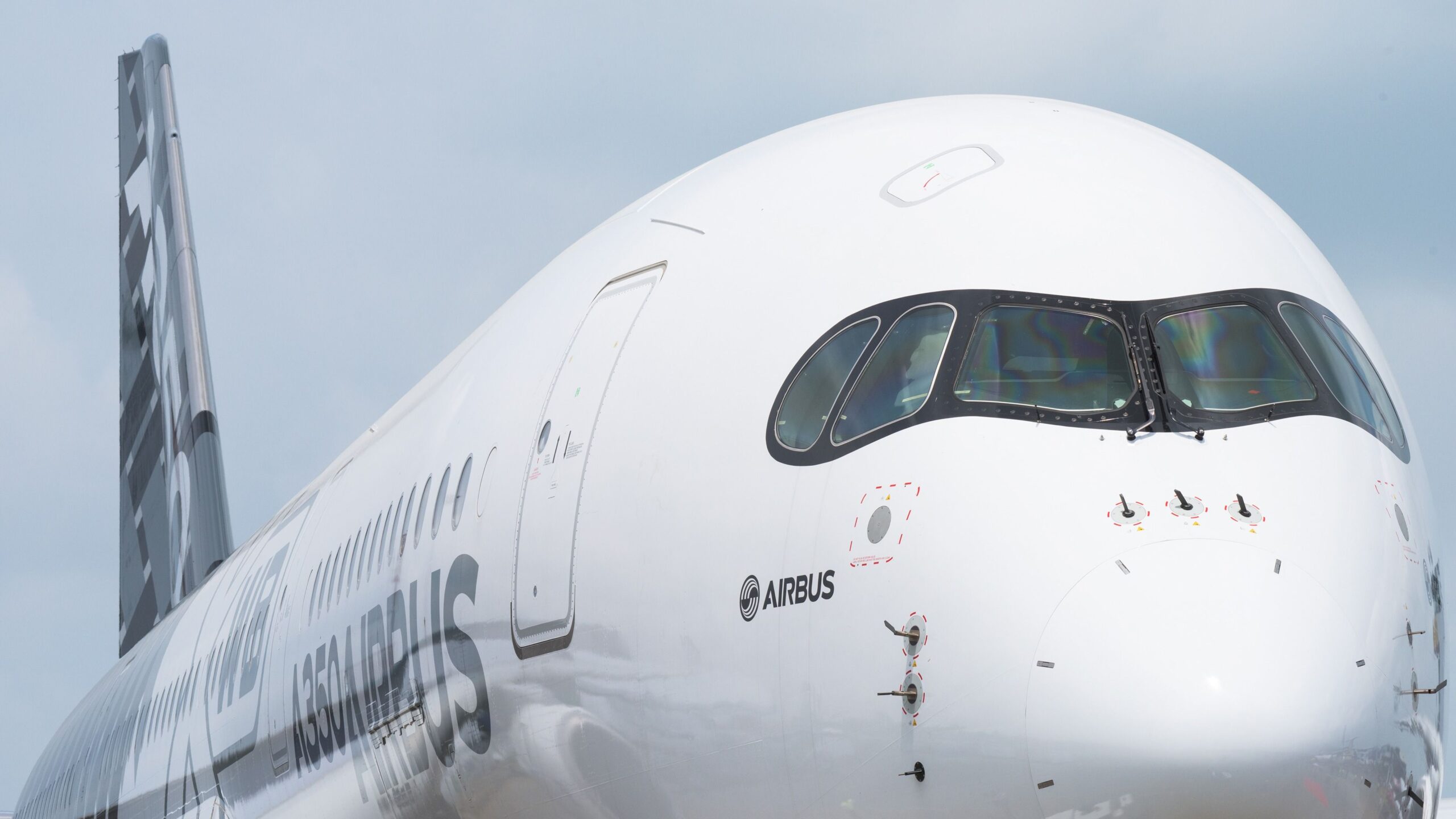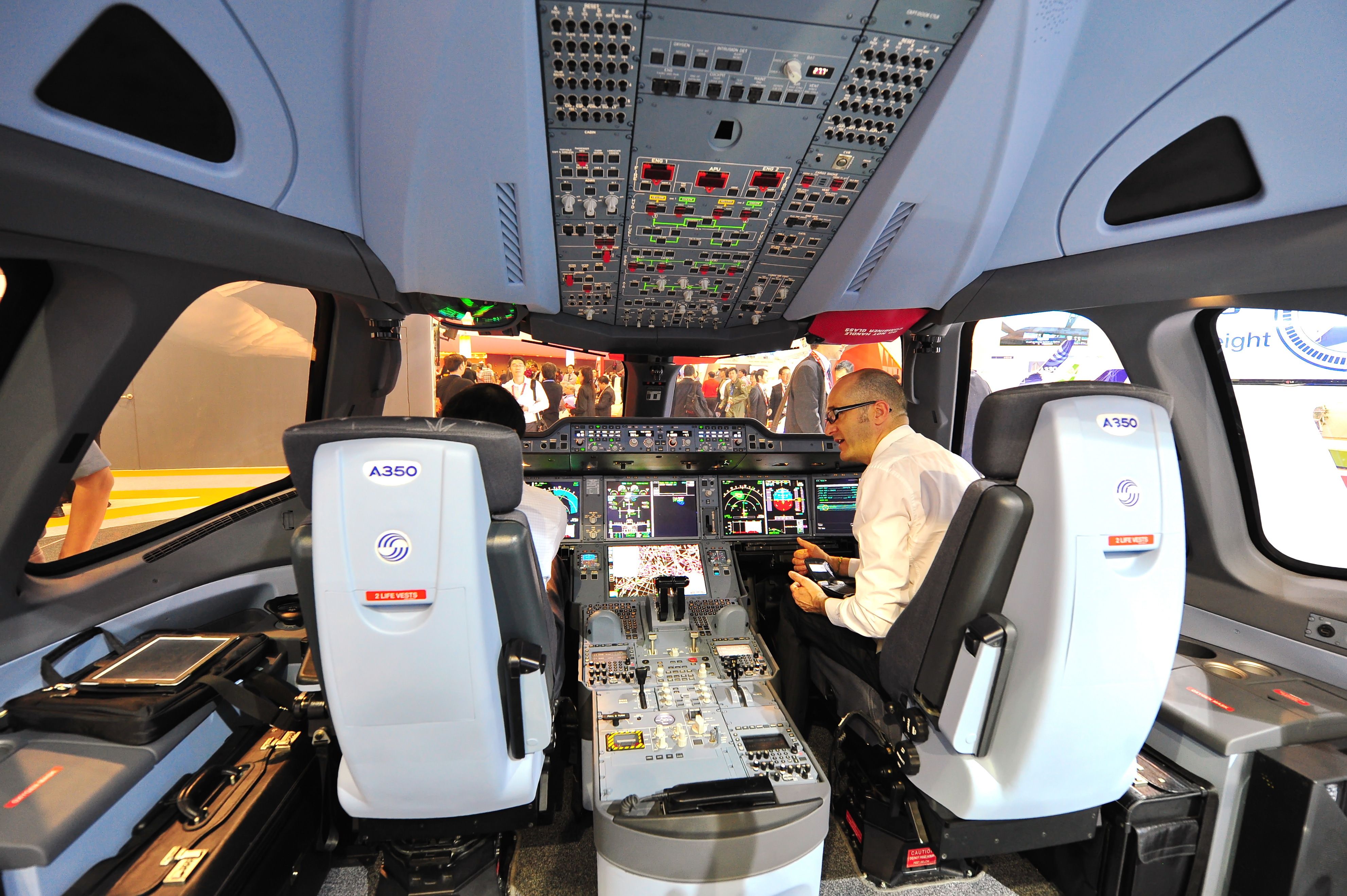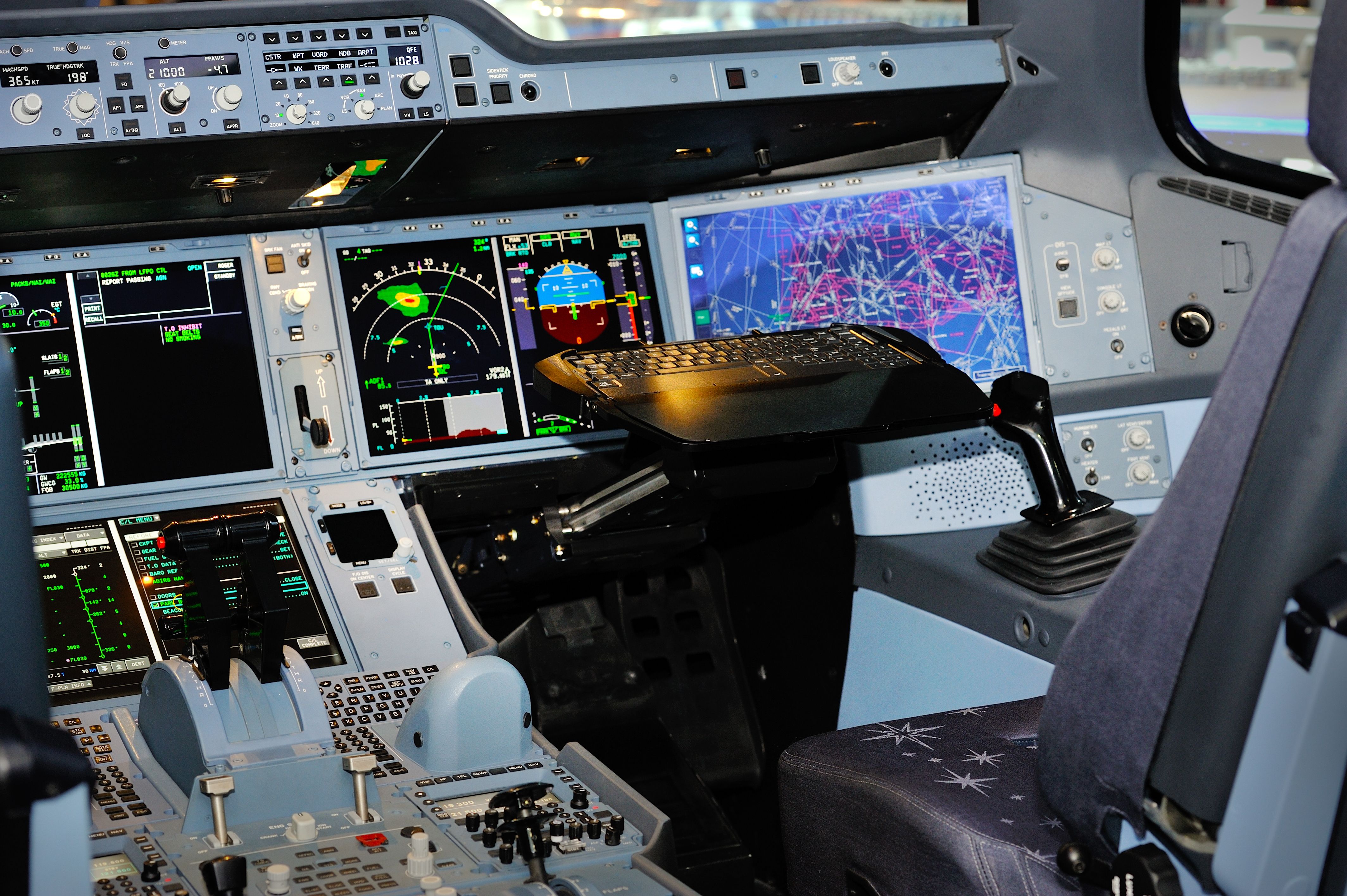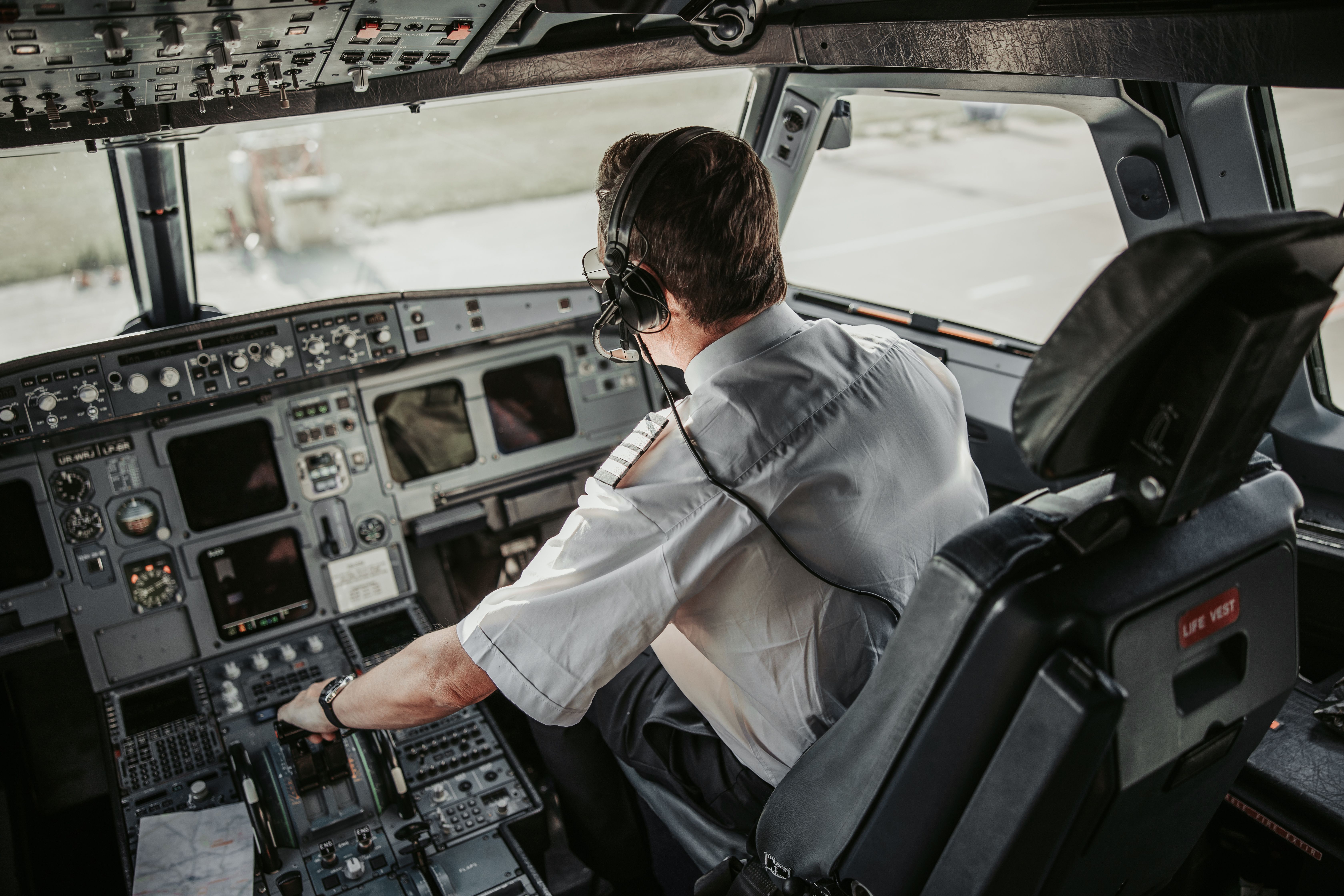Summary
- The Air Line Pilots Association, International (ALPA) has once again reiterated its critical position on reduced-crew operations (RCO).
- The union and its president blasted Airbus and the state of design of the European aircraft manufacturer, the European Union Aviation Safety Agency (EASA), was pushing RCOs.
- However, EASA has been studying the potential issues and safety hazards of RCOs, issuing a tender in the early 2020s.
The President of the Air Line Pilots Association, International (ALPA) has presented the union’s whitepaper, which criticized the extended minimum crew operations (eMCO), a concept that Airbus has introduced to reduce the number of pilots during certain stages of flight in a cockpit.
Irreplaceable pilots
In a speech in front of the International Aviation Club of Washington, Jason Ambrosi, the President of ALPA, which unites more than 78,000 pilots at 41 airlines in Canada and the United States, the union’s executive presented ALPA’s whitepaper about reduced-crew operations. The paper included criticism of Airbus’ eMCO, which would, according to ALPA, optimize flight crew efficiency and increase airlines’ profitability due to reduced costs.
Photo: Jordan Tan | Shutterstock
Nevertheless, the main accent of the whitepaper was that advances in technology could not replace pilots, with the union pointing out that it was a well-established fact and that there are many benefits of having two pilots inside the cockpit. According to Ambrosi, some aircraft manufacturers and airlines outside North America are working to design cockpits that would replace the very safety features that have averted recent disasters, aiming to replace pilots with automation.
“I have thousands of hours over the North Atlantic and can tell you with no uncertainty that in the middle of the night in cruise, having only one pilot is a significant degradation in safety.”
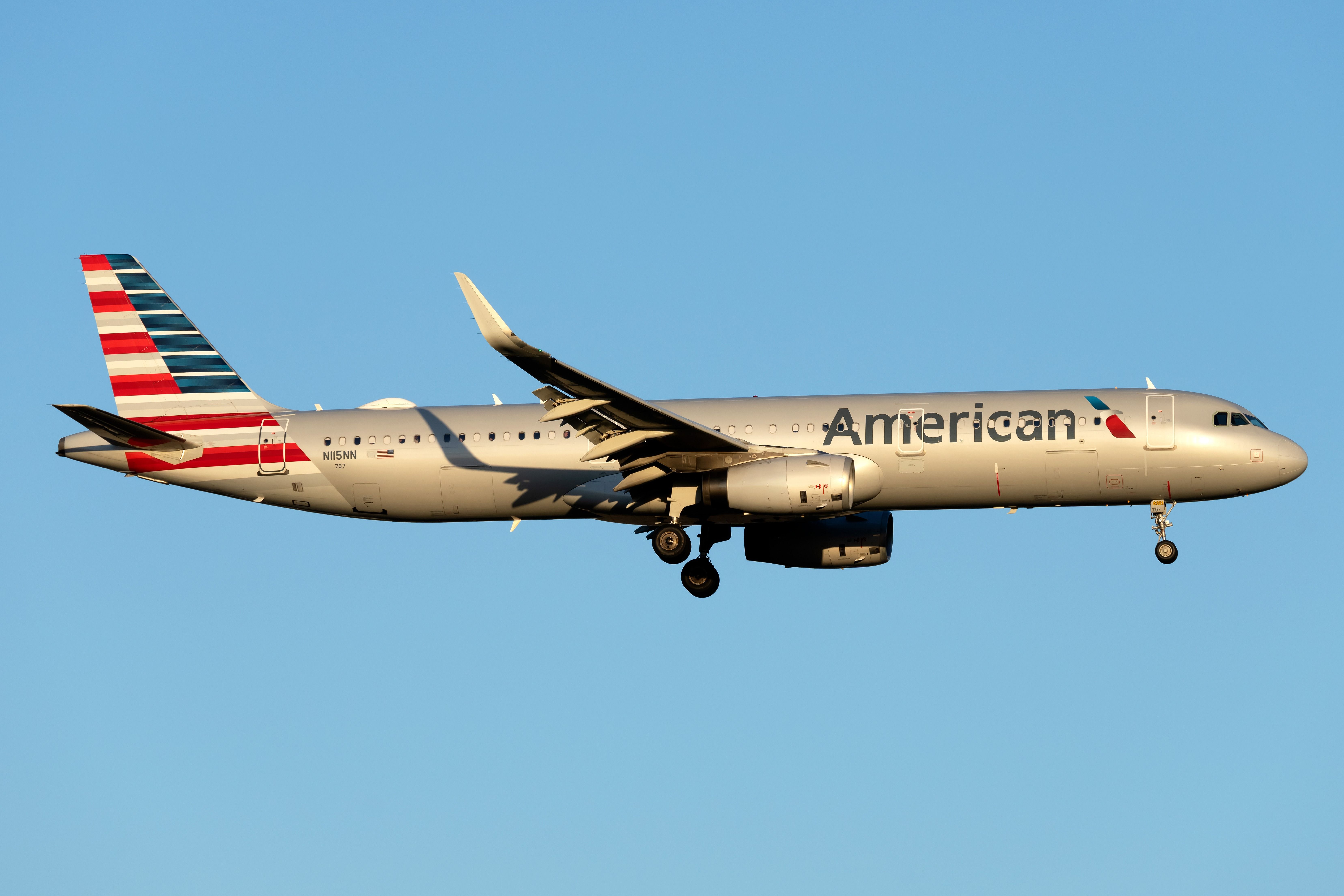
Related
Single-Pilot Cockpits: US Pilot Union ALPA Weighs In On The Dangers
The single-pilot cockpit concept is currently being developed by several aircraft manufacturers.
Passengers against reduced-crew operations
ALPA also pointed out that passengers have voiced their opposition against reduced-crew operations (RCO), with the union polling an unidentified number of passengers. 79% of the respondents said that they would feel less safe on remotely operated aircraft, while 73% said that they would never feel comfortable flying without two pilots inside the cockpit.
“In practice, reduced-crew and single-pilot operation schemes, like Airbus’s so-called extended Minimum Crew Operations (eMCO), are a gamble with safety—and a gamble with people’s lives.”
Photo: tristan tan | Shutterstock
Ambrosi continued by saying that Airbus itself has acknowledged the fact that its plan to operate an aircraft with a single pilot was “inherently flawed.” Furthermore, RCOs not only suffer the safety risks of higher workloads for the remaining pilot or in the event of incapacitation but also reduce the safety and security of commercial air travel to “an unacceptable level.”
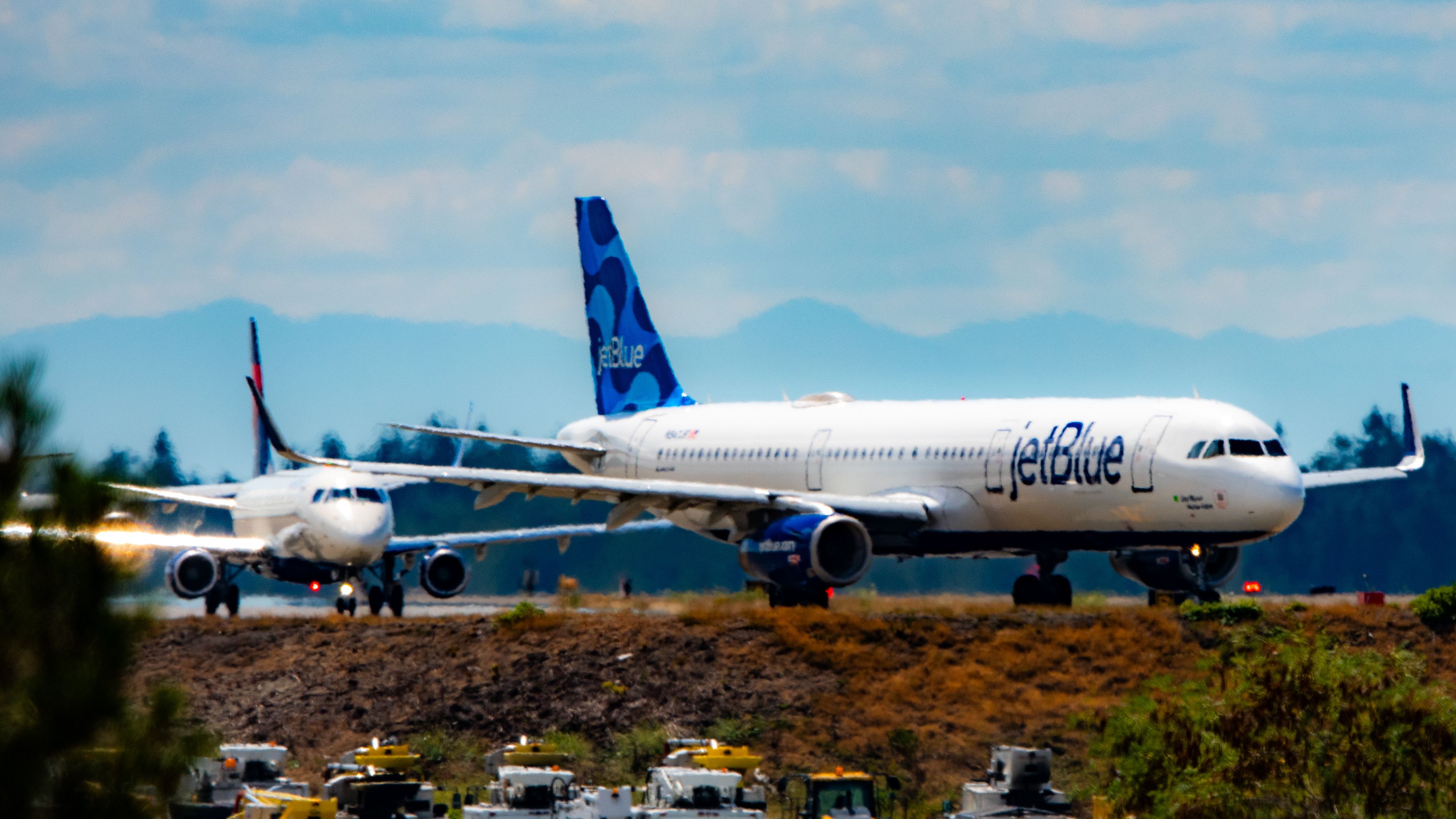
Related
A Case For Maintaining Two Pilots In Commercial Aircraft Cockpits
ALPA President Jason Ambrosi discussed issues around pilot supply and pilot safety in the United States.
Pushed by EASA
The union alleged that the European Union Aviation Safety Agency (EASA), the state of design of Airbus, except for the A220, has been working with the European plane maker to develop the criteria of various RCOs. Their goal, according to ALPA, was to eliminate two-pilot flight decks, while the union’s goal was to maintain at least two pilots inside the cockpit.
“Rather, the European Union Aviation Safety Agency is exploring a rulemaking that would allow Airbus to remove pilots from the flight deck before completing a study on the safety implications of such a move.”
According to EASA, it has contracted the Netherlands Aerospace Center (NLR) to study eMCO-Single Pilot Operations (SiPO) and the associated safety risks. The European regulator outlined the two goals of the two-year study, which should be concluded in August, per EASA’s website.
Photo: Olena Yakobchuk | Shutterstock
One, the study must asses any issues and the feasibility of the implementation of EMCOs in the EU regulatory framework by developing a risk-assessment framework, investigating a series of safety hazards and mitigations. Secondly, the study must do the same with SiPOs through a preliminary analysis of the related main safety hazards.
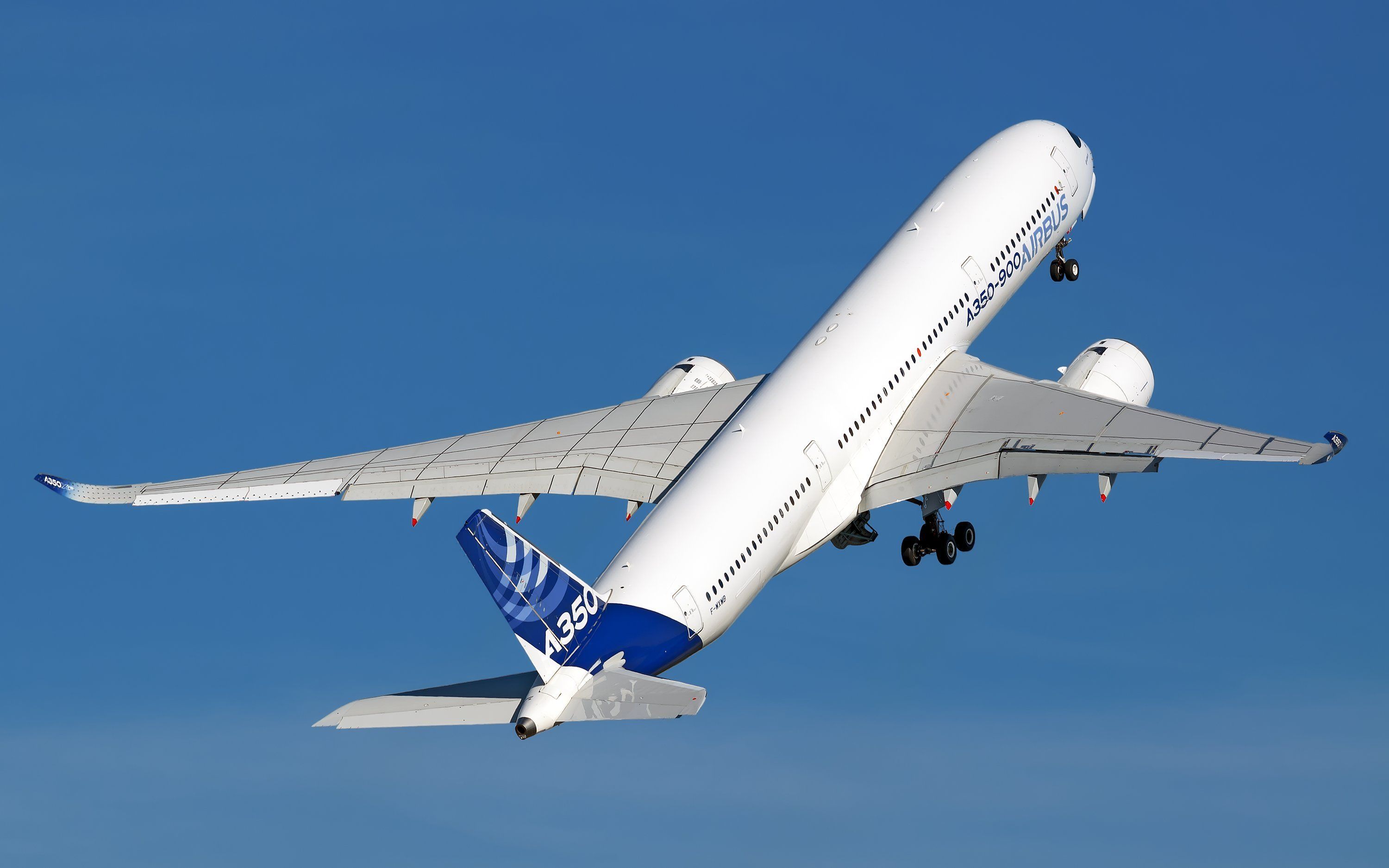
Related
EASA Rules Out Single Pilot Flights By 2030 But Slightly Opens The Door
The issue of solo-pilot operation has bubbled back up to the surface, although EASA has positively ruled it out before 2030.

